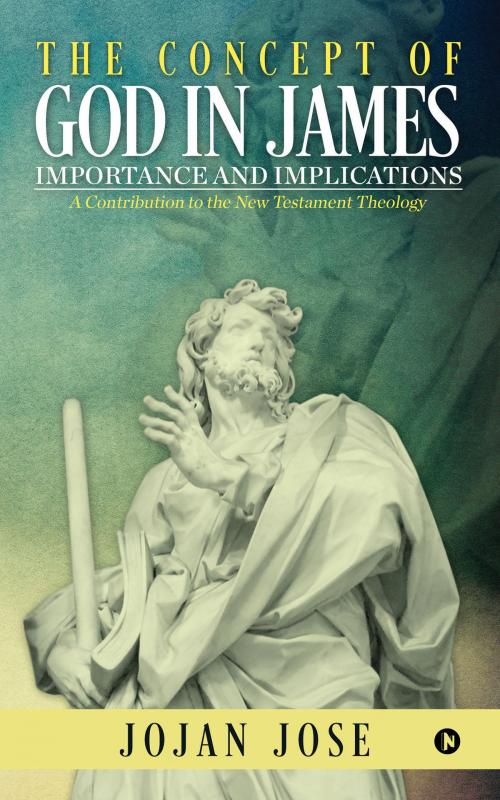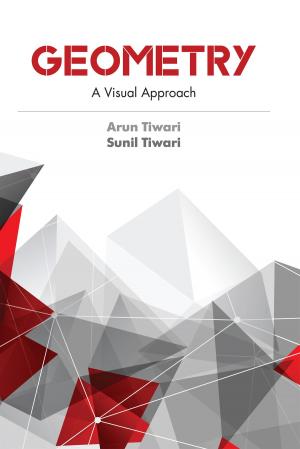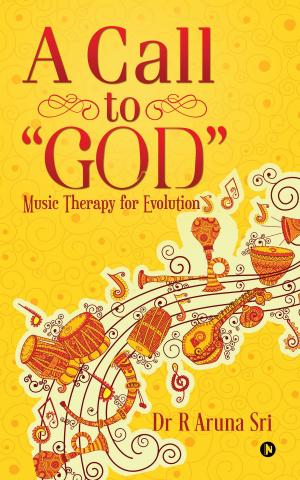The Concept of God in James Importance and Implications
A Contribution to New Testament Theology
Nonfiction, Religion & Spirituality, Christianity, Education| Author: | Jojan Jose | ISBN: | 9781947349506 |
| Publisher: | Notion Press | Publication: | July 3, 2017 |
| Imprint: | Notion Press | Language: | English |
| Author: | Jojan Jose |
| ISBN: | 9781947349506 |
| Publisher: | Notion Press |
| Publication: | July 3, 2017 |
| Imprint: | Notion Press |
| Language: | English |
This book is an explanation of the author’s investigation into James’ concept of God, using the historical-critical approach as a hermeneutical tool to find out how it was important to different realms of the early Messianic community and its significance to Christians today. The Epistle of James faced lot of struggles to be included in the New Testament. For various reasons, the book was not considered for early canonization. The main reason was the view that there were less theological aspects in the content of the book. Martin Luther described this book as “an epistle of straw.” Respectively, scholars like Martin Debelius, J. H. Ropes, E. J. Goodspeed and A. M. Hunter also underscore the nature of its relatively limited theology by highlighting other aspects of the Epistle of James. Therefore, this book attempts to investigate James’ theological concepts by looking into his use of the concept of God in the socio-political, religious and economic settings of the people in the text.
This book is an explanation of the author’s investigation into James’ concept of God, using the historical-critical approach as a hermeneutical tool to find out how it was important to different realms of the early Messianic community and its significance to Christians today. The Epistle of James faced lot of struggles to be included in the New Testament. For various reasons, the book was not considered for early canonization. The main reason was the view that there were less theological aspects in the content of the book. Martin Luther described this book as “an epistle of straw.” Respectively, scholars like Martin Debelius, J. H. Ropes, E. J. Goodspeed and A. M. Hunter also underscore the nature of its relatively limited theology by highlighting other aspects of the Epistle of James. Therefore, this book attempts to investigate James’ theological concepts by looking into his use of the concept of God in the socio-political, religious and economic settings of the people in the text.















